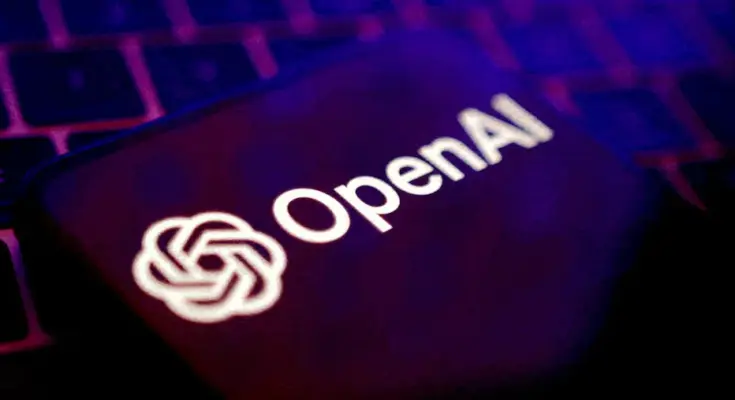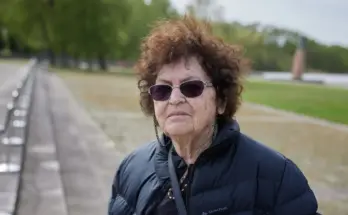Next week, in twenty Greek high schools, teachers will sit on the other side of the table. For hours they wouldn’t have a youth class ahead of them, but special version of ChatGPTdesigned for educational institutions and introduced by the new agreement between the center-right government of Kyriakos Mitsotakis and OpenAI.
This is the first real step of an experiment that could change the way we teach and learn in this country, and that many observers saw it as a test for the rest of Europe. For executives, it is «new, great and exciting opportunities for the country». However, for some students and teachers, this is the beginning of a phase where it is no longer humans who think, but algorithms.
“OpenAI for Greece”
Last September 5, at the Hellenic Expo “OpenAI for Greece” memorandum of understanding: on the one hand Prime Minister Kyriakos Mitsotakis and related ministers, on the other hand OpenAI, supported by the Onassis Foundation and Endeavor Greece. The goal is to bring high-quality artificial intelligence (AI) tools to high schools and accelerate innovation in the Greek startup ecosystem. In the field of education, The core of this partnership is “ChatGPT Edu”a chatbot variant designed for schools and universities that offers access to the latest models, is designed to be GDPR compliant, works in a closed environment without advertising and is able to allow centralized account management by institutions and different roles for teachers and students. The Onassis Foundation coordinated the implementation together with local partner “The Tipping Point in Education”, while OpenAI co-designed the training, ensured technical support and shared “best practices” for safe use in the classroom.
At the same time, “Greece AI Accelerator Program”an accelerator program dedicated to Greek startups developing AI-based solutions, with access to tech credits, mentorship from OpenAI engineers, and international visibility. The ambition is to make Greece a technological hub capable of retaining STEM graduates who currently emigrate too often and turning the country into an actor in the so-called “Age of Intelligence”.
“AI in Schools”: what’s really happening in twenty pilot schools
The agreement translates into programs on the field “AI in Schools”The pilot project began with staff training in 20 schools spread across the region, selected to represent different social and geographical contexts. These are mostly model and experimental high schoolsto which are added six Onassis public schools, recently opened as a showcase of public schools “enhanced” by private partnerships. The multi-phase schedule is structured as follows: 1) Between October and November 2025: Intensive teacher training to learn about “ChatGPT Edu”understand its function and learn to integrate it both in teaching and administrative activities; 2) From December 2025 to February 2026: the first phase of “controlled” use by the teacherwho are starting to utilize AI to prepare learning, assessment materials, exercises differentiated by level, as well as to ease bureaucratic work; 3) From March to June 2026: the start of special training on how to get students to use “ChatGPT Edu”. – initially older – for research, projects, creative activities and foreign language studies, always under the supervision of a teacher; 4) in the 2026-27 school year: full entrywith parallel use by teachers and students in schools that have passed the first three phases with results considered positive.



